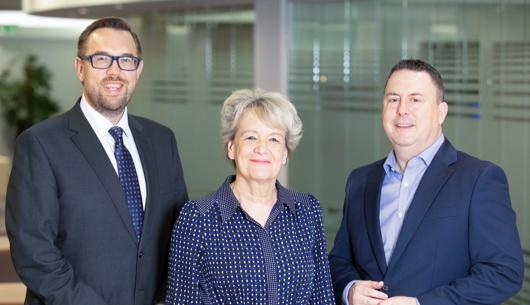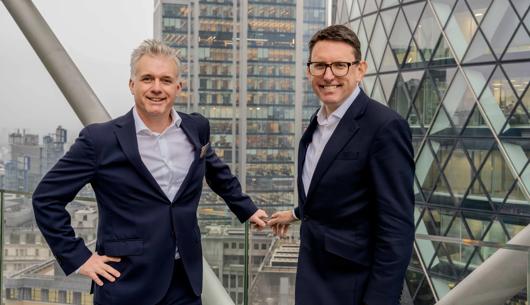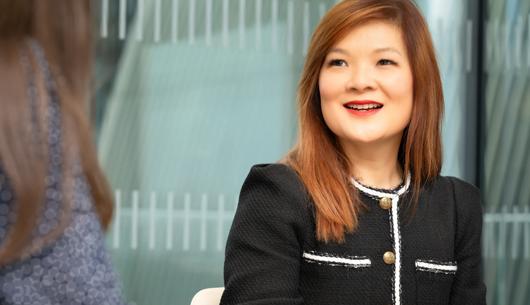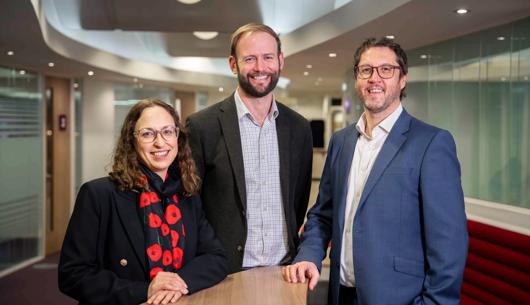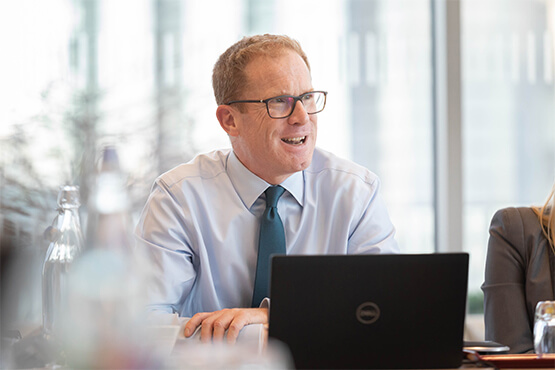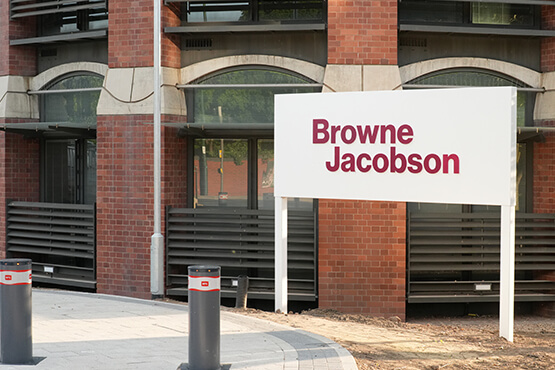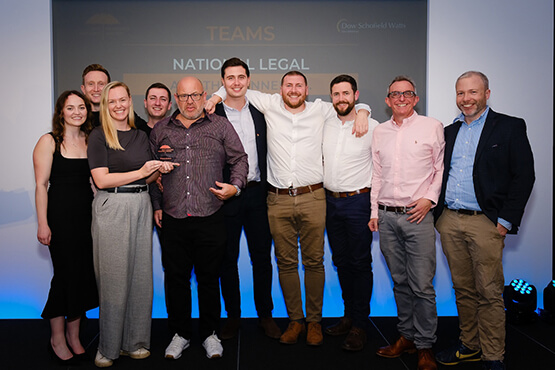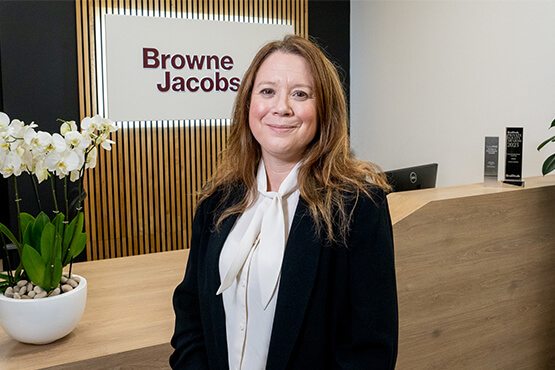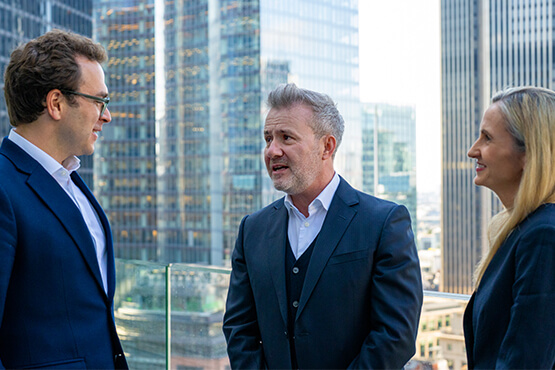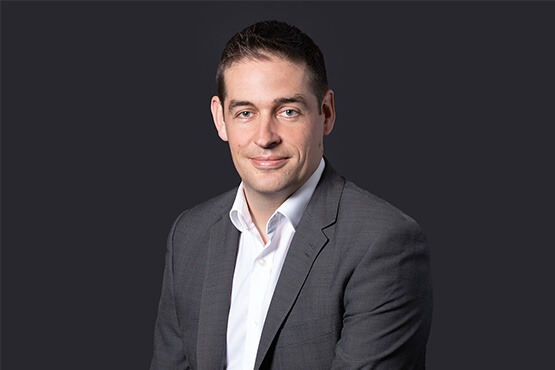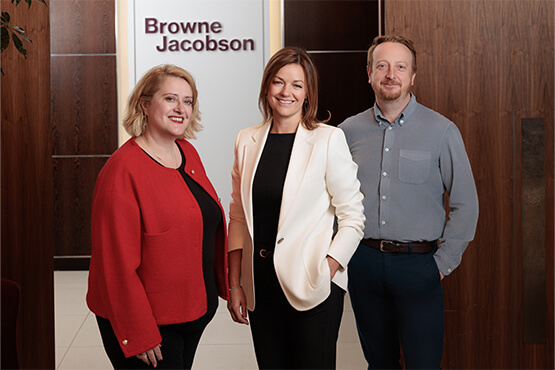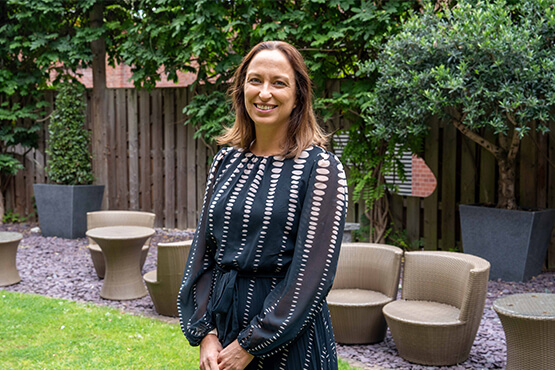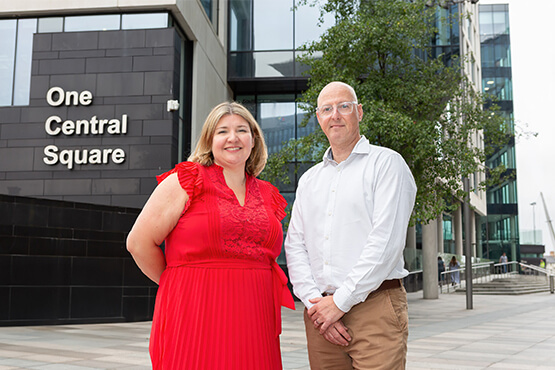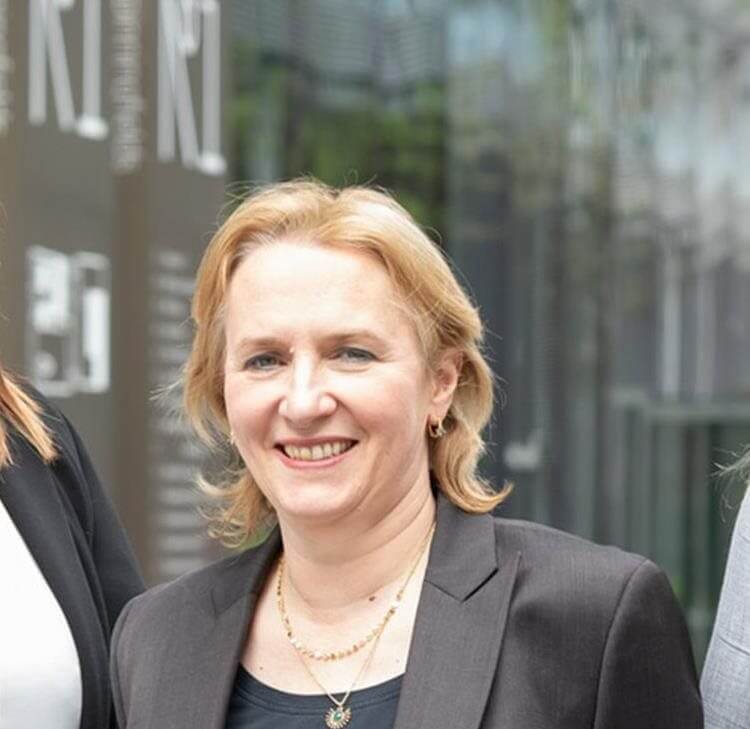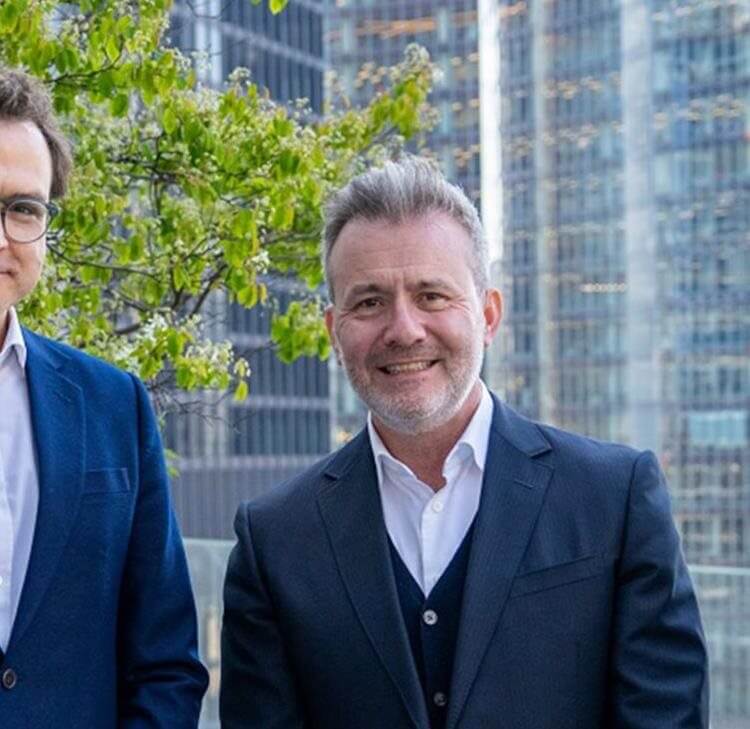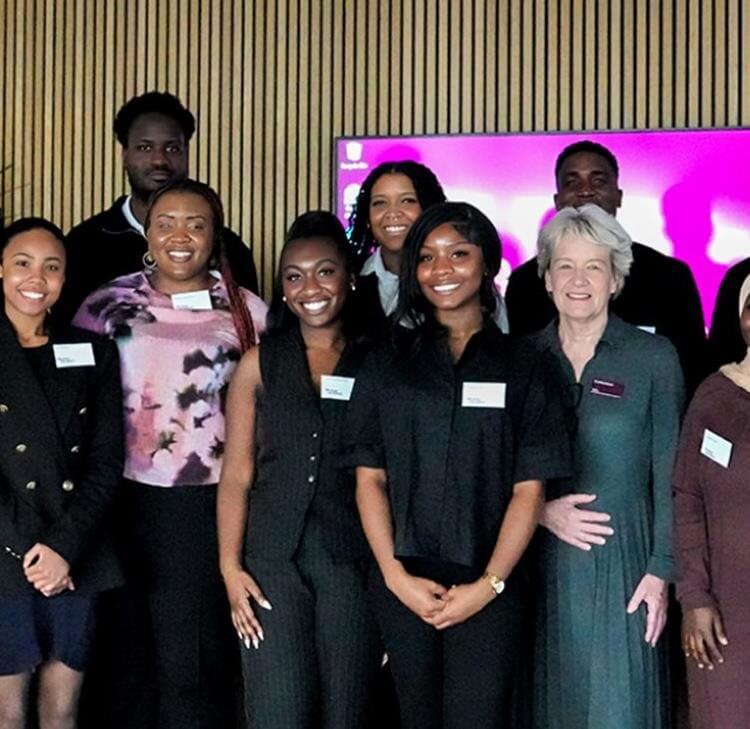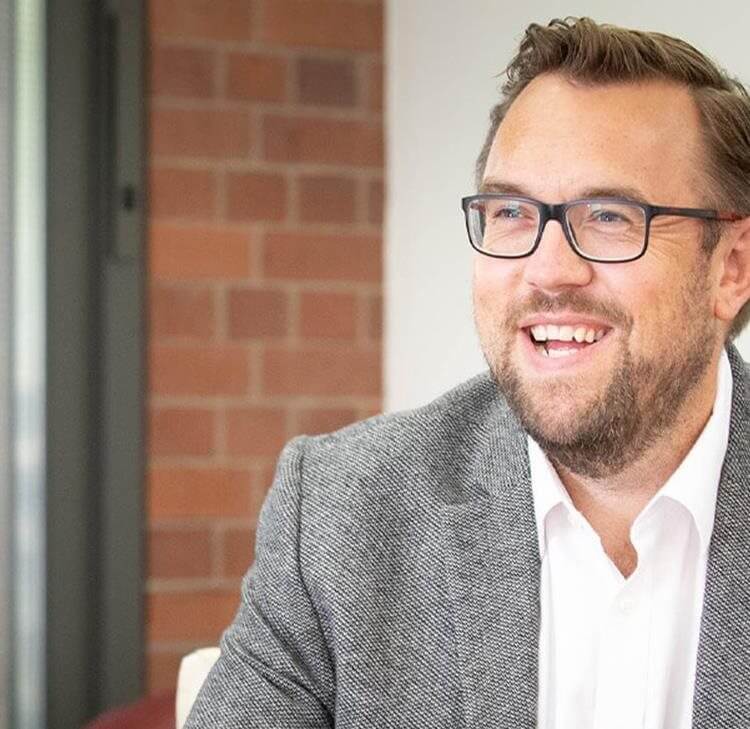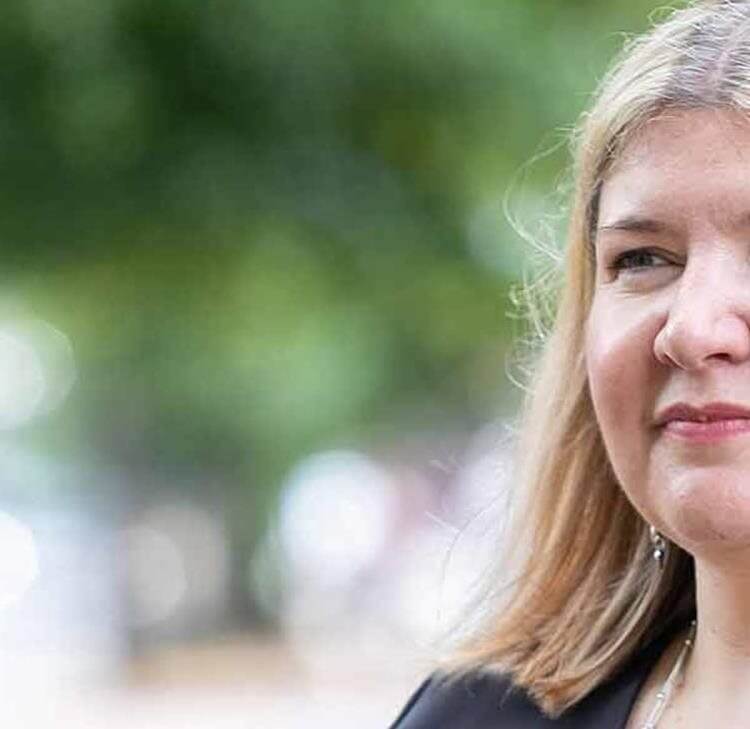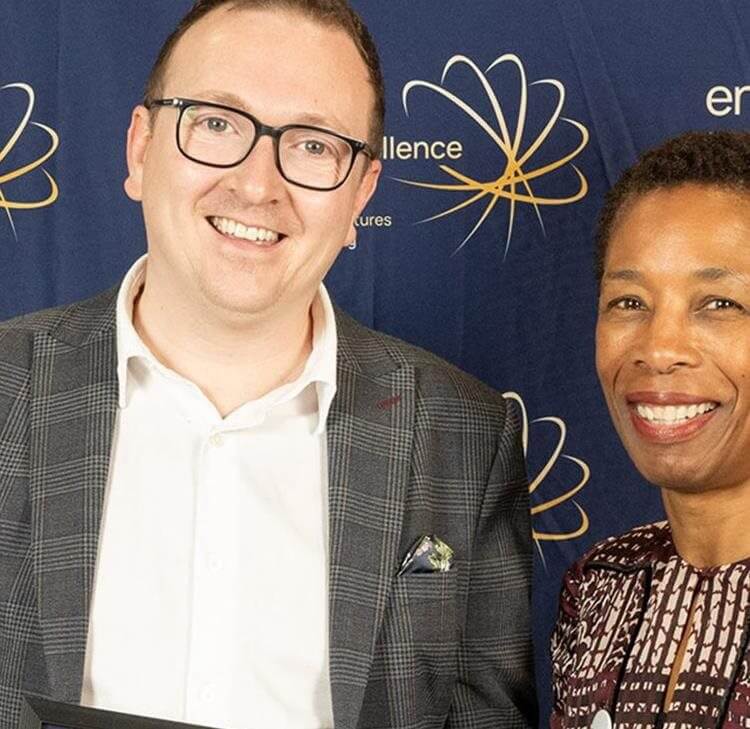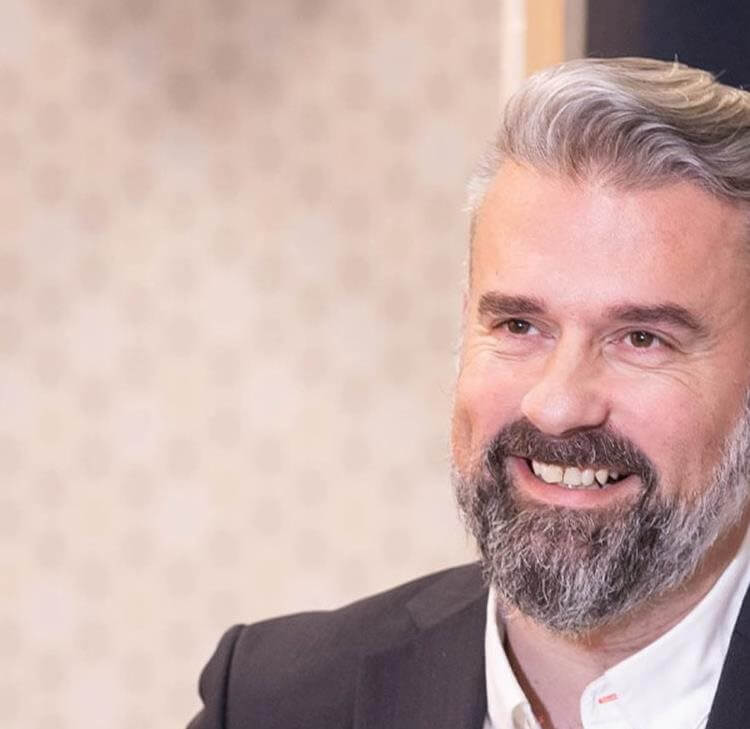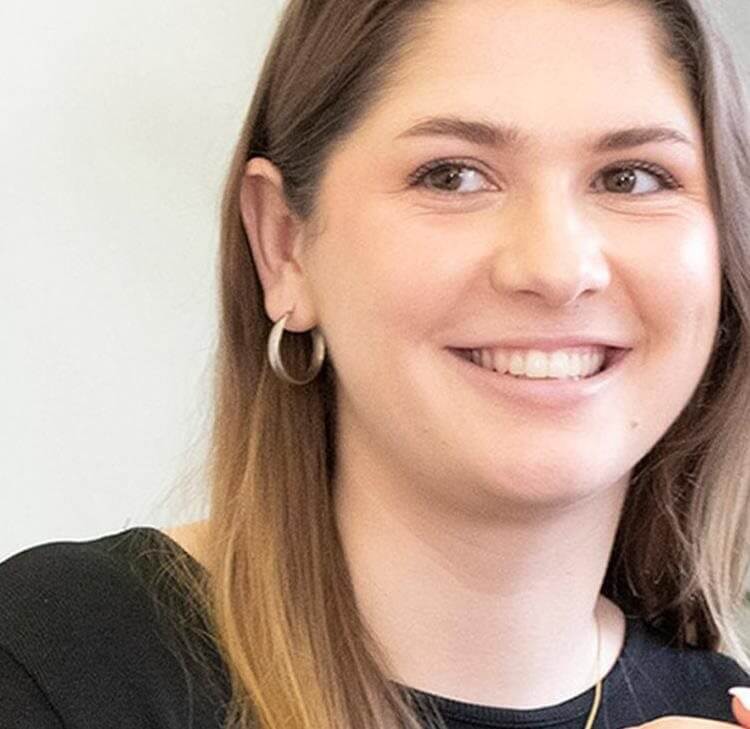
Trainees’ vs Partners: Law firm goes green for charity cycle challenge
Today, (Thursday 16 June) 18 trainee lawyers from Browne Jacobson began the second of three planned 'going green' fundraising challenges which focus on driving positive change to the environment and will raise essential funds for the firm’s charity partners.
At 6am this morning, the group of future lawyers started their 12-hour stationary cycle challenge at Browne Jacobson’s Nottingham office in an event which highlights transport pollution levels and coincides with National Clean Air Day.
The challenge will see the trainee lawyers from the national firm’s five office network who are part of the 2020 and 2021 trainee cohort, compete against 18 of the firm’s partners and legal directors to see who can clock up the most miles.
The trainee lawyers completed their first challenge in May with an intense 24-mile trek through the Yorkshire Three Peaks whilst collecting litter along the way and later this month, the group will take part in the Canal and River Trust’s Plastics Challenge. They will be collecting and recycling plastic around the canals which are located near to each of Browne Jacobson’s offices, in readiness for Plastic-Free July.
The group have an £8k fundraising target for all three events, which they are hoping to beat. As in previous years, the funds will be divided between the firm’s five regional partner charities which are based in the local communities where Browne Jacobson’s offices are located. Each organisation’s work is reflective of the firm’s commitment to diversity and inclusion, as well as corporate social responsibility.
Browne Jacobson’s regional partner charities are:
- First Class Foundation (Birmingham)
- St Petrock’s – (Exeter)
- Reach Out 2 Kids (London)
- Lifeshare – (Manchester)
- The Inspire & Achieve Foundation – (Nottingham)
Caroline Green, Senior Partner at Browne Jacobson who is taking part in today’s cycle challenge said:
“We are proud of our trainees and their commitment to highlighting the crucial work that each of our partner charities and not-for-profit organisations do and the important messages they promote. Their work chimes with our own ethos and values around social mobility and diversity and inclusion so we are glad to shine a spotlight on them.
“It is also great to see that our trainees have set themselves a “green” challenge by incorporating positive environmental action into their activities. As a business, we are clear on our corporate responsibilities, particularly around the environment and climate change, so it is brilliant to be able to be involved in this series of events that have such a positive impact.”
Sian Quirk, trainee lawyer at the firm who has helped organise the event and is also taking part added:
“It has become tradition for the trainees in the firm to take on tough challenges in a bid to raise vital funds and awareness for our fantastic charity partners, so it is fantastic this year to see so many wanting to be involved and do something positive to help the environment, especially on National Clean Air Day.”
You can read the story of the trainee challenge and make donations here.
Contact

Kara Shadbolt
Senior PR & Communication Manager
kara.shadbolt@brownejacobson.com
+44 (0)330 045 1111



